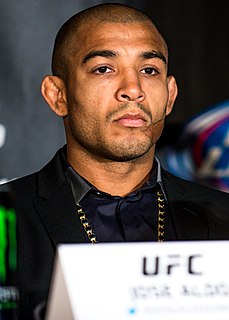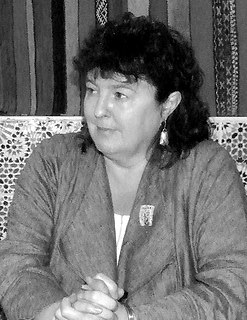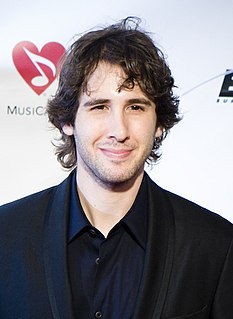A Quote by Umberto Eco
Poetry is not a matter of feelings, it is a matter of language. It is language which creates feelings.
Related Quotes
We believe we can also show that words do not have exactly the same psychic "weight" depending on whether they belong to the language of reverie or to the language of daylight life-to rested language or language under surveillance-to the language of natural poetry or to the language hammered out by authoritarian prosodies.
What I have learned from the teachers with whom I have worked is that, just as there is no simple solution to the arms race, there is no simple answer to how to work with children in the classroom. It is a matter of being present as a whole person, with your own thoughts and feelings, and of accepting children as whole people, with their own thoughts and feelings. It's a matter of working very hard to find out what those thoughts and feelings are, as a starting point for developing a view of a world in which people are as much concerned about other people security as they are about their own
Poetry cannot be translated; and, therefore, it is the poets that preserve the languages; for we would not be at the trouble to learn a language if we could have all that is written in it just as well in a translation. But as the beauties of poetry cannot be preserved in any language except that in which it was originally written, we learn the language.
But feelings, no matter how strong or “ugly,” are not a part of who you are. They are the radio stations your mind listens to if you don’t give it something better to do. Feelings are fluid and dynamic; they change frequently. Feelings are something you HAVE, not something you ARE. Like physical beauty, a cold sore, or an opinion. Admitting you feel rage or terrible pain or regret or some old, rotten blame does not mean these feelings are part of who you are as a person. What these feelings mean is, you have to change your thinking to be free of them.
Obviously people's feelings are going to get hurt when you use certain words, but you can't outlaw words. They're really the history of our culture. They tell you what's going on. When you make words politically incorrect you're taking all the poetry out of the language. I'm pro anybody living their lives the way they want to live, sexually and otherwise; and I'm anti any kind of language repression.
No matter who we are, no matter what our circumstances, our feelings and emotions are universal. And music has always been a great way to make people aware of that connection. It can help you open up a part of yourself and express feelings you didn't know you were feeling. It's risky to let that happen. But it's a risk you have to take-because only then will you find you're not alone.







































